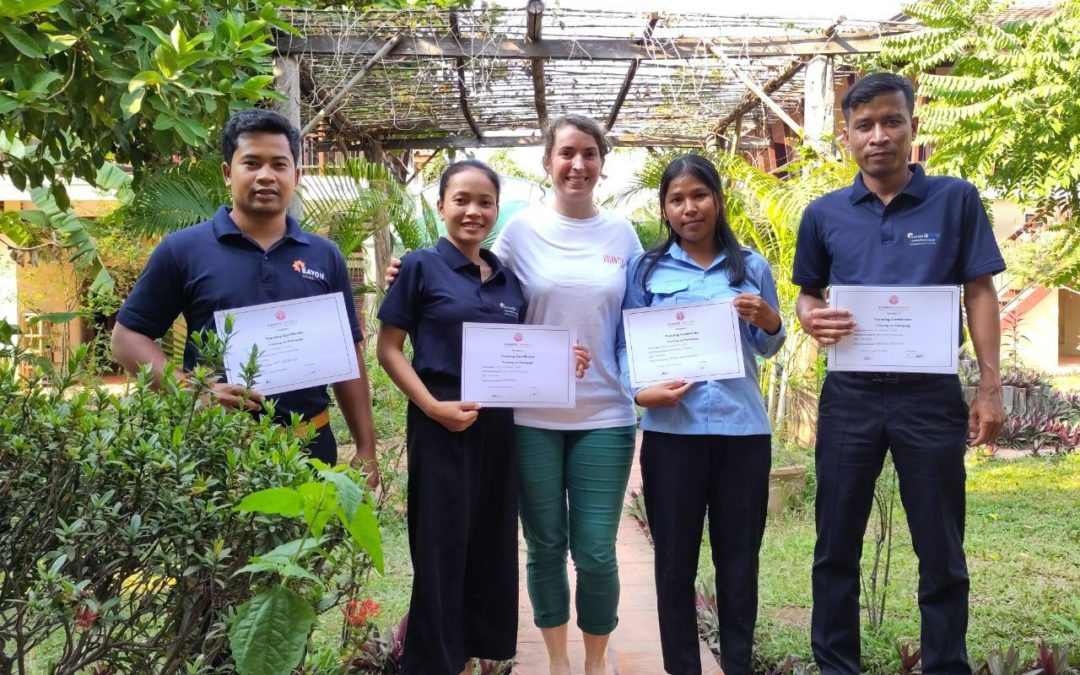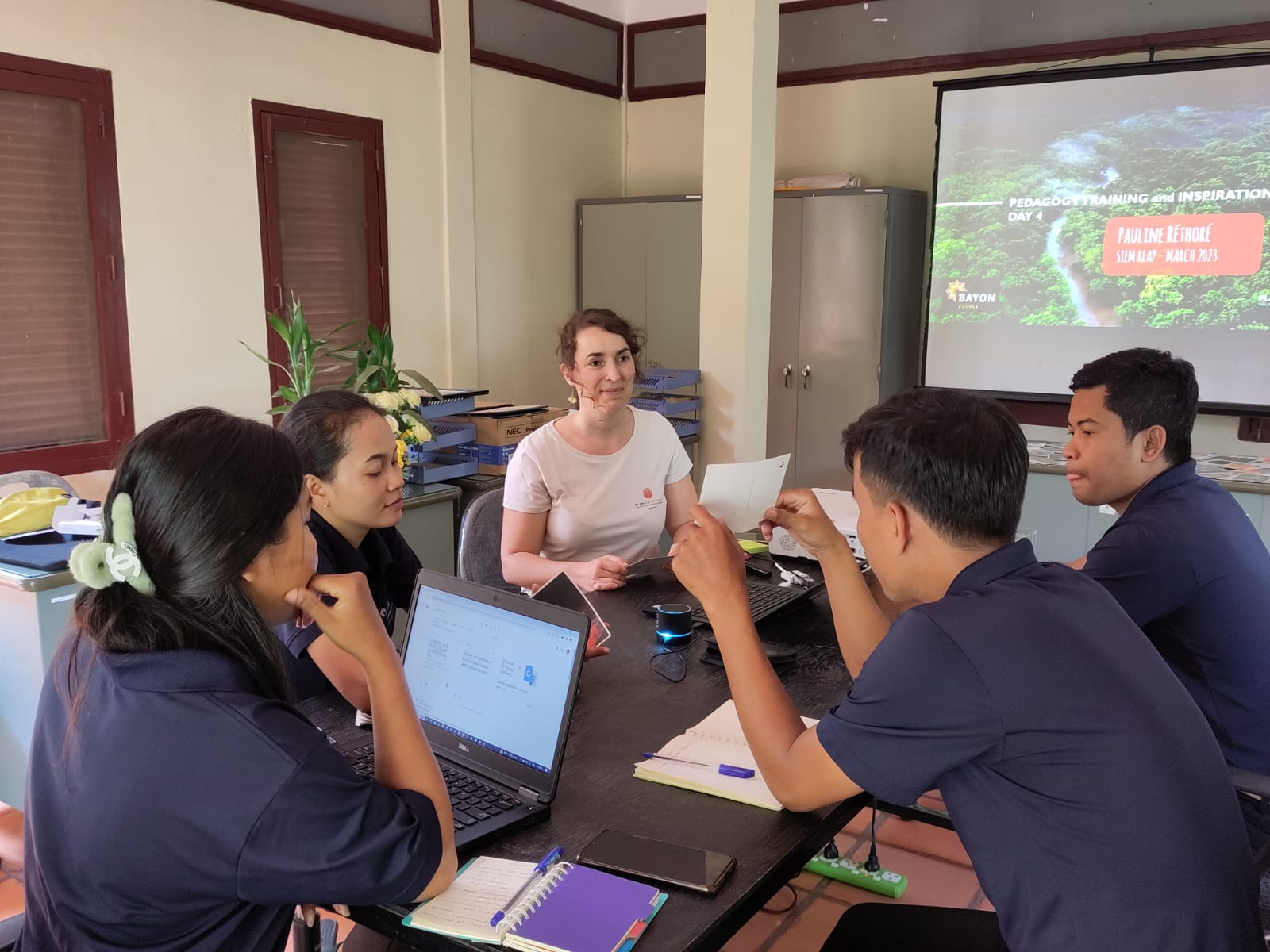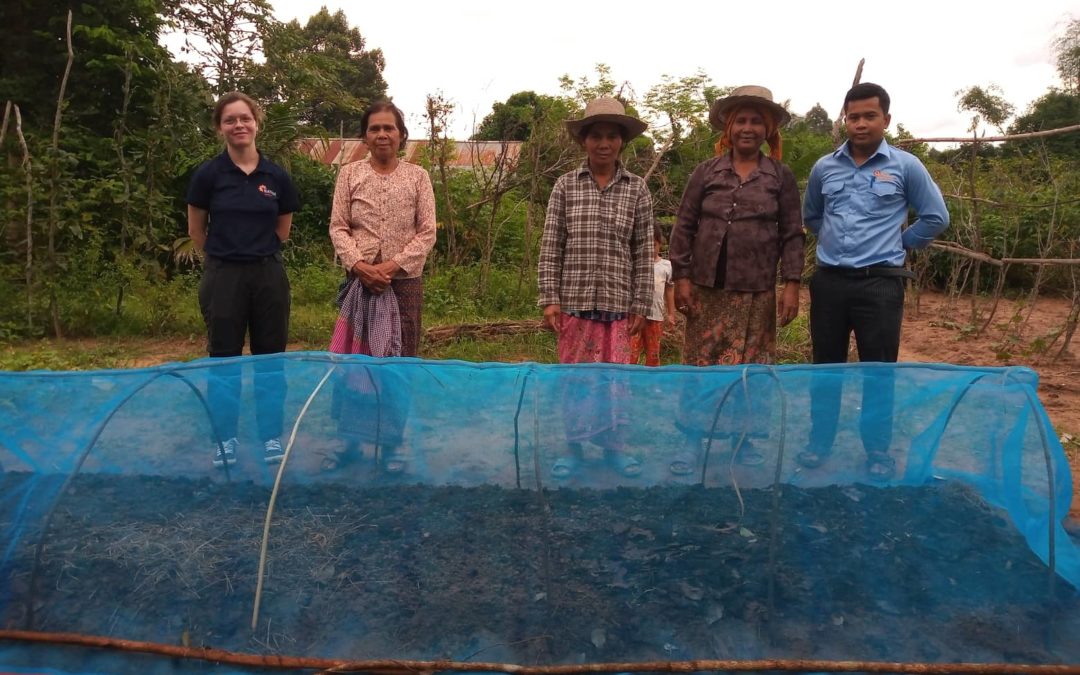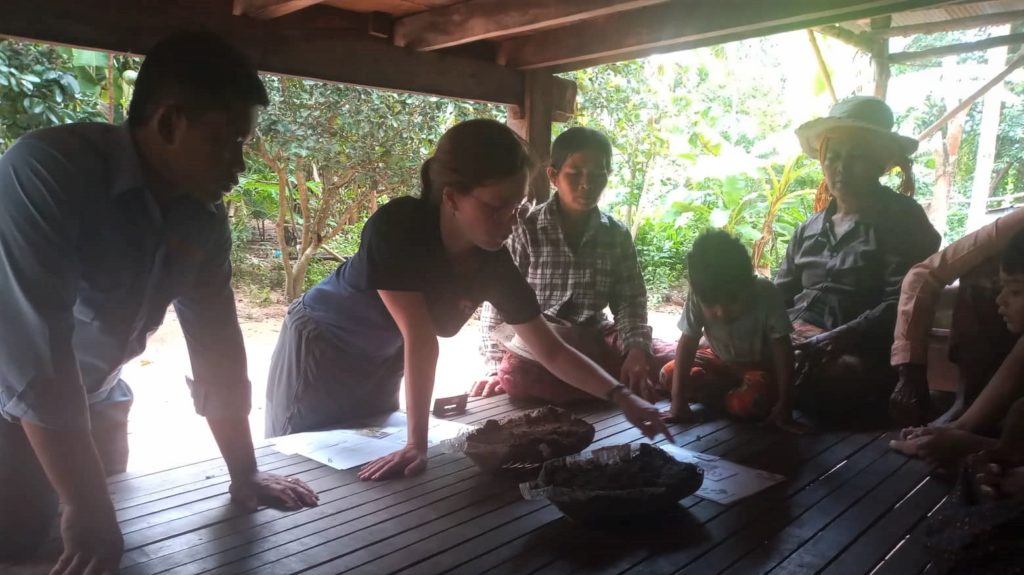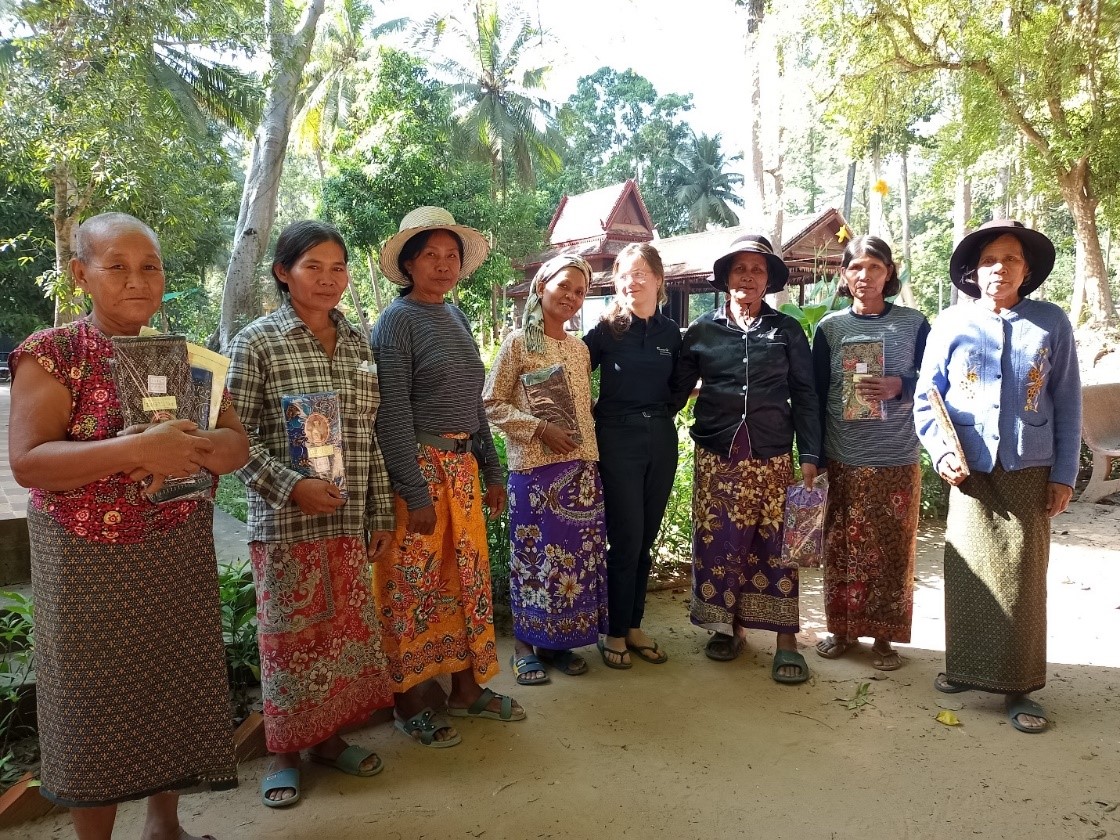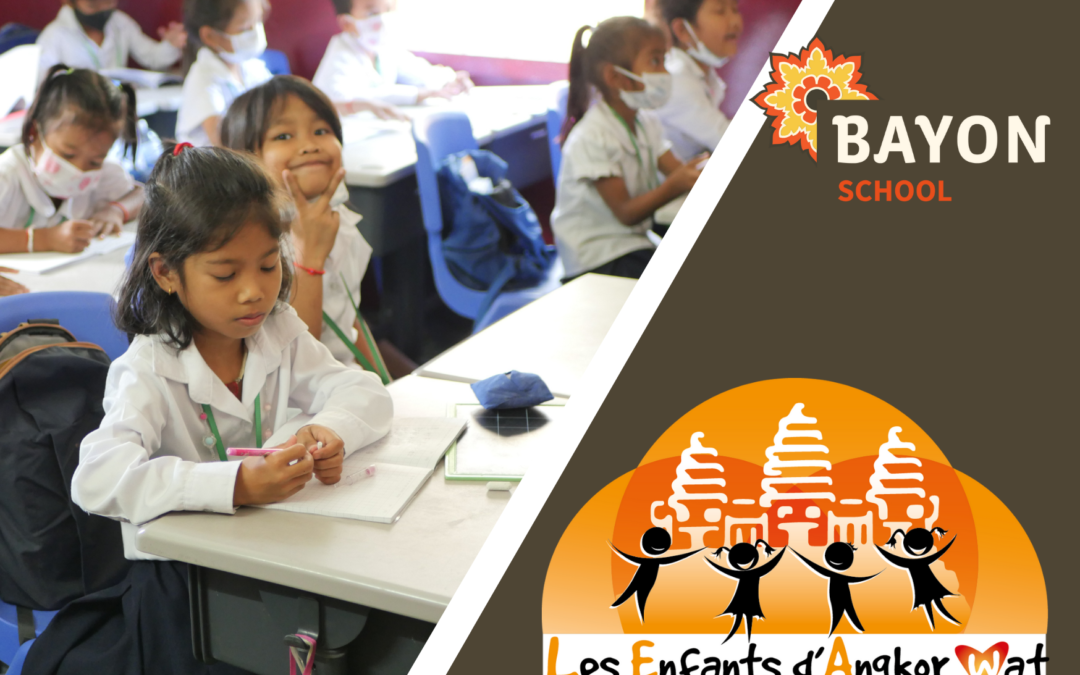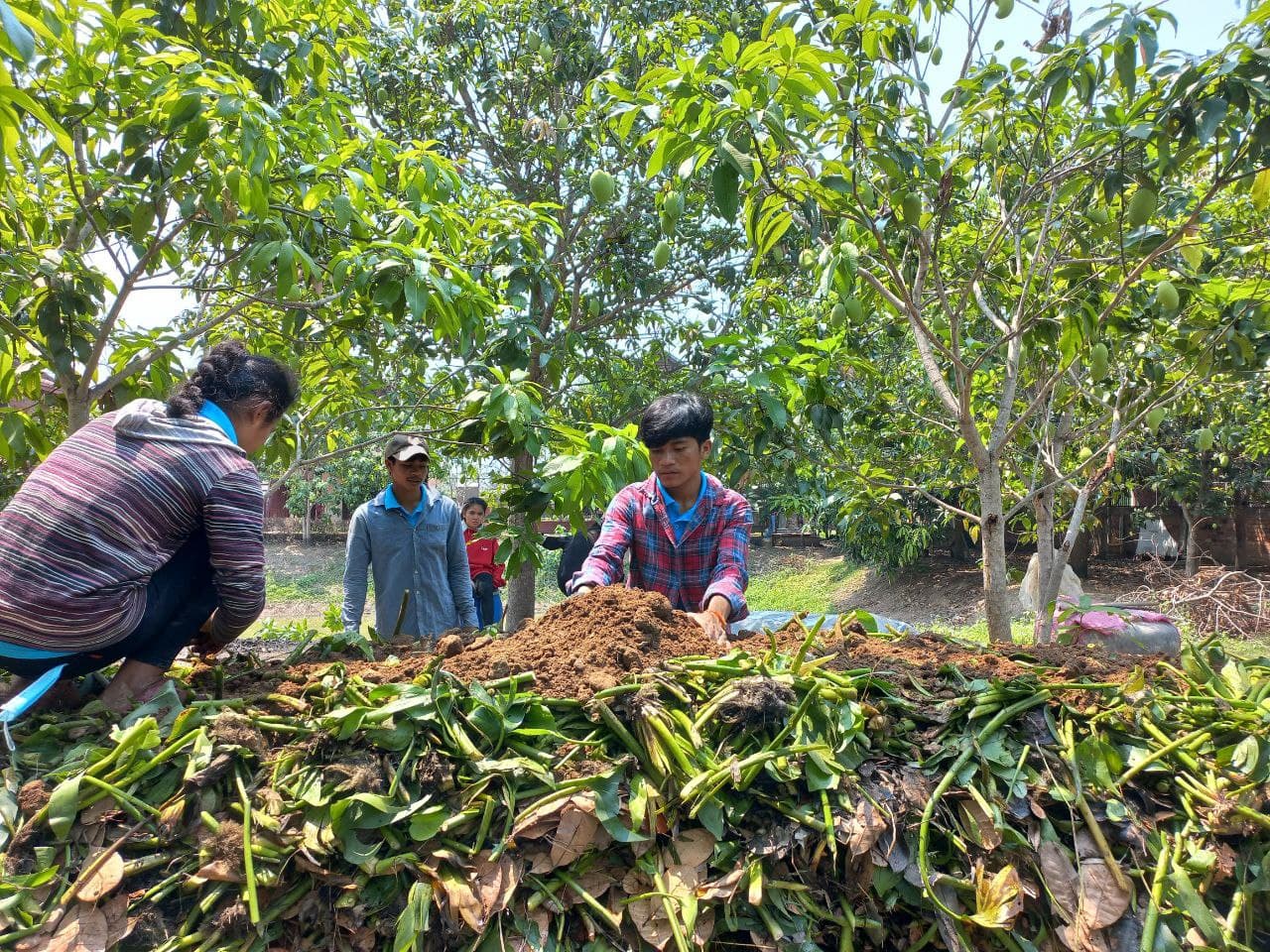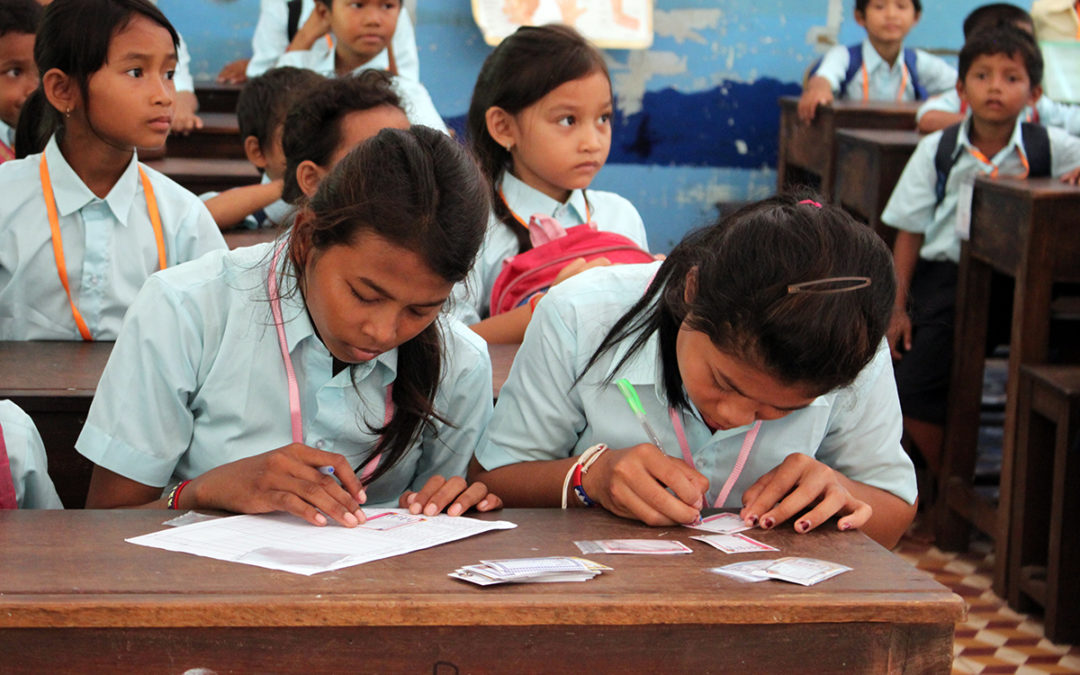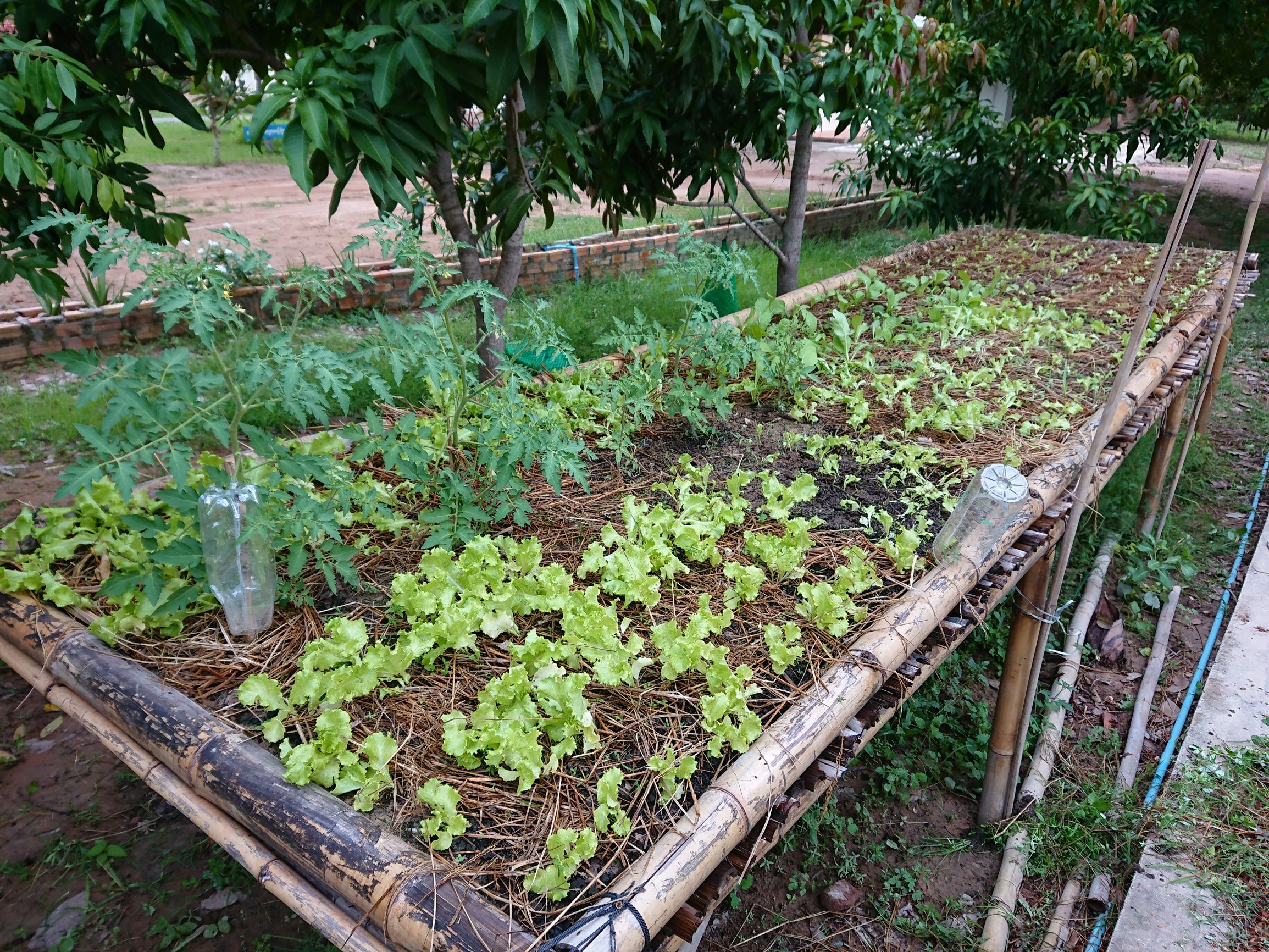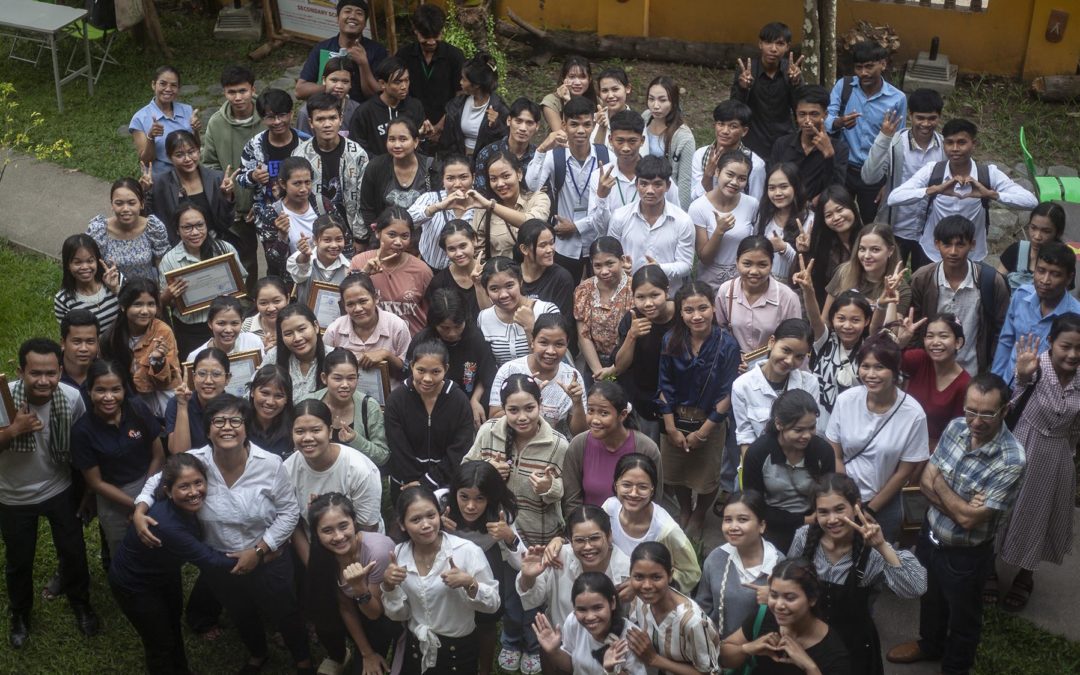
A look back at the annual meeting of former students: an unbreakable link with the School of Pastry and Agroecology
At the beginning of July, a milestone event brought together former students, a vibrant symbol of the vitality and sustainability of our School of Pastry and Agroecology.
The annual meeting of alumni brought together an impressive participation of more than a hundred graduates from the eight previous promotions. For many of them, this gathering involved a trip from Phnom Penh, testifying to the continued commitment and the unbreakable bond that our alumni have with our institution.
The days of the meeting were punctuated by a variety of stimulating activities, from team-building sessions to convivial games, through the sharing of moving testimonies and moments of conviviality.
This event offered a privileged opportunity for our former students to dialogue with the current promotion, to reconnect with their teachers and to rediscover the warm atmosphere of the school which trained them.
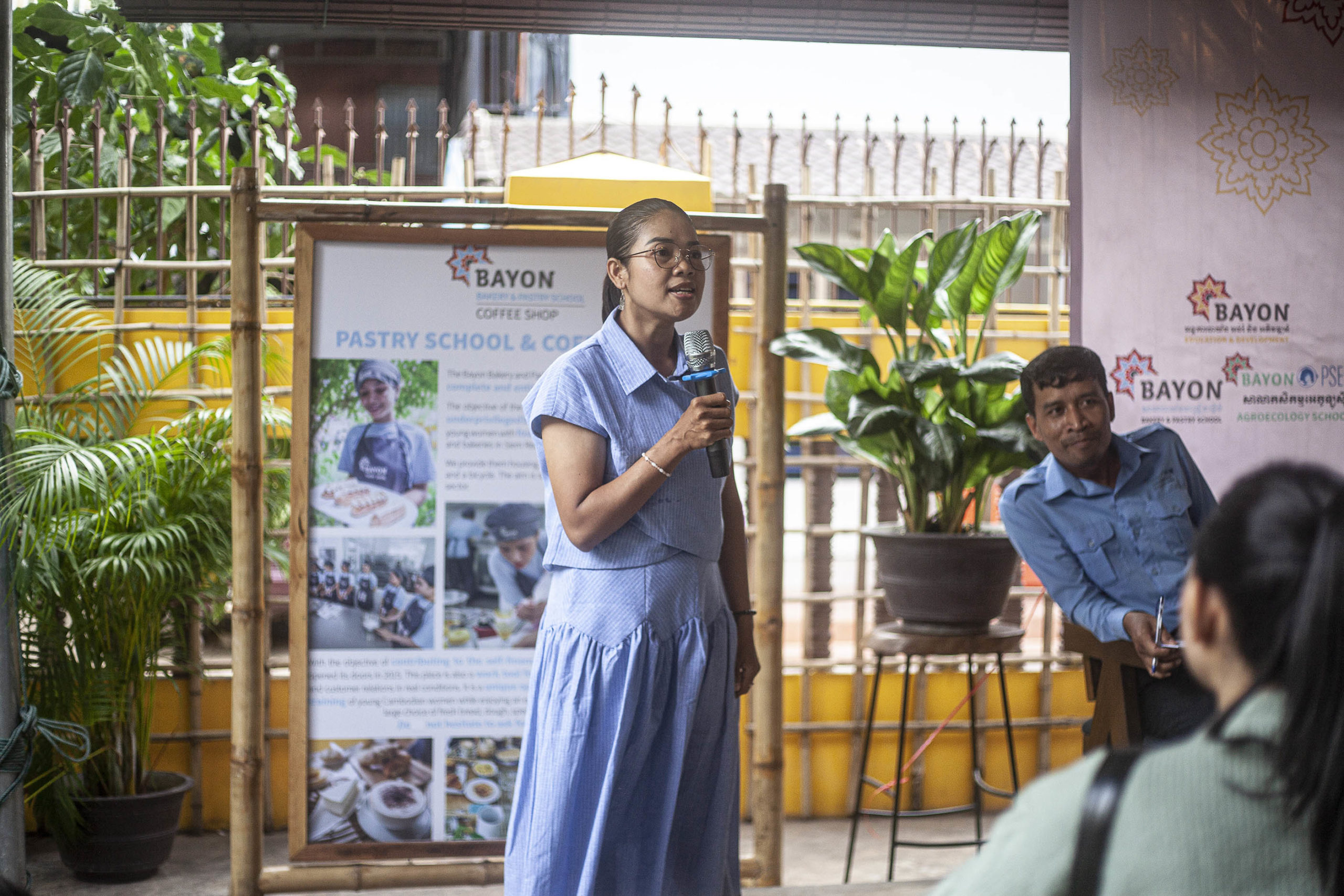

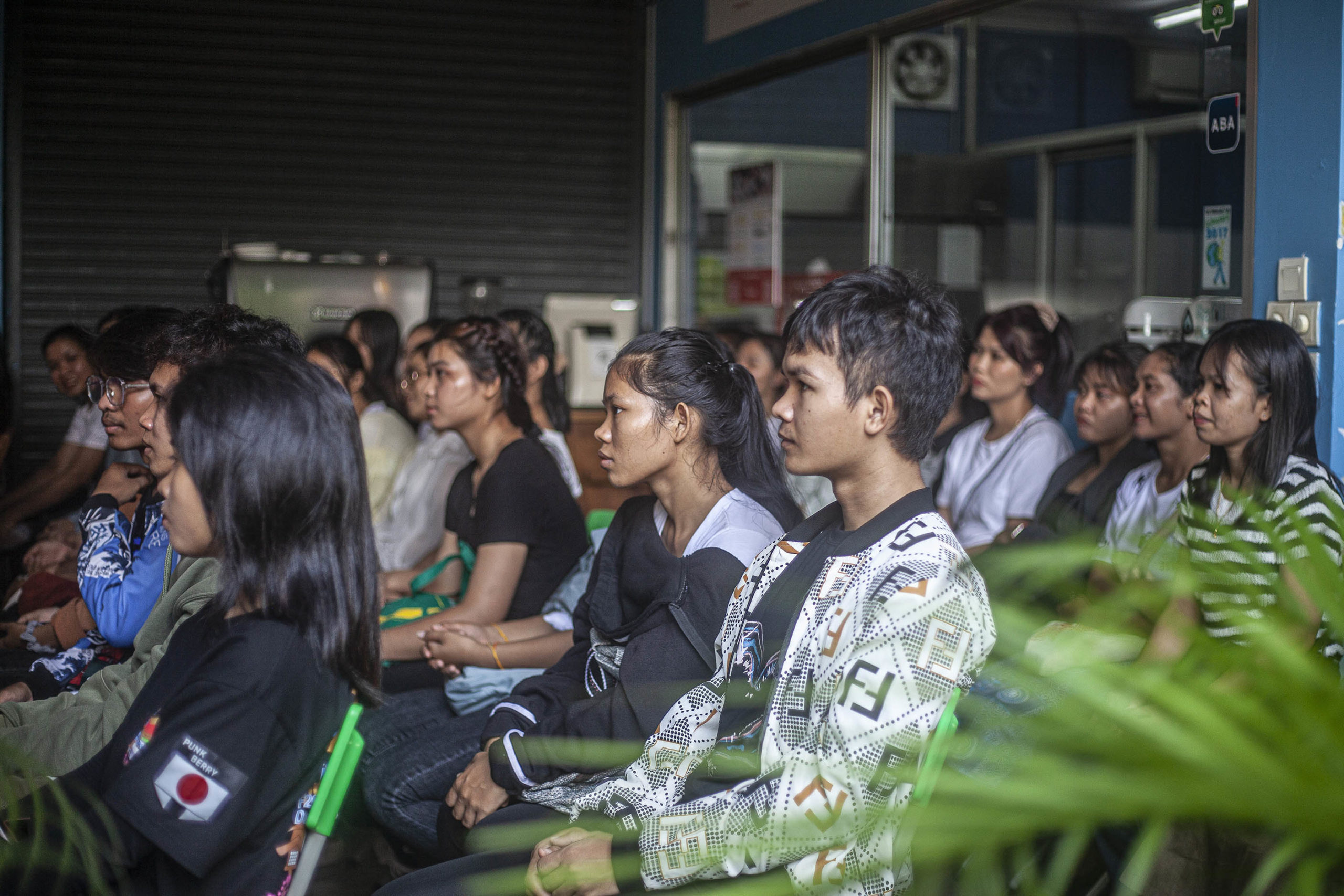
As part of this exceptional meeting, we conducted interviews with 102 graduates of the École de Pâtisserie, covering the period from 2014 to the present day. The results of these interviews are instructive. Indeed, 62% of graduates continue to work in their initial field of training, and a comfortable majority of 86% receive a sufficient salary to cover their daily needs.
These figures underline the effectiveness of our educational program and the relevance of the training provided. Moreover, the positive feeling of former students is reflected in the statistics, with 79% of them expressing their satisfaction with their training. Even more remarkable, 62% have moved into professional positions that truly fulfill them personally and professionally.
This annual meeting demonstrated that our school continues to inspire, guide and contribute significantly to the professional growth of our graduates. We are proud of our alumni community and look forward to continuing to share their exemplary journey with future generations.

